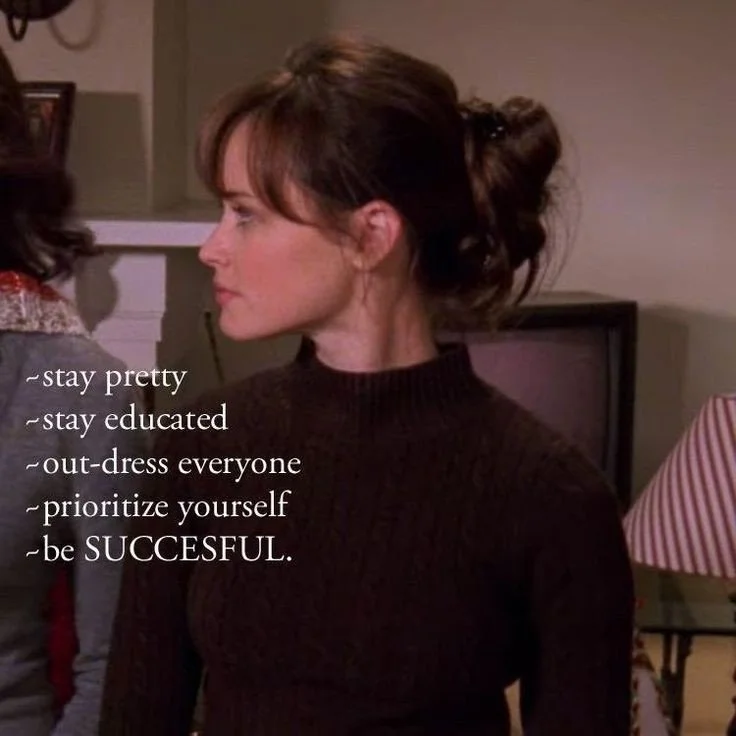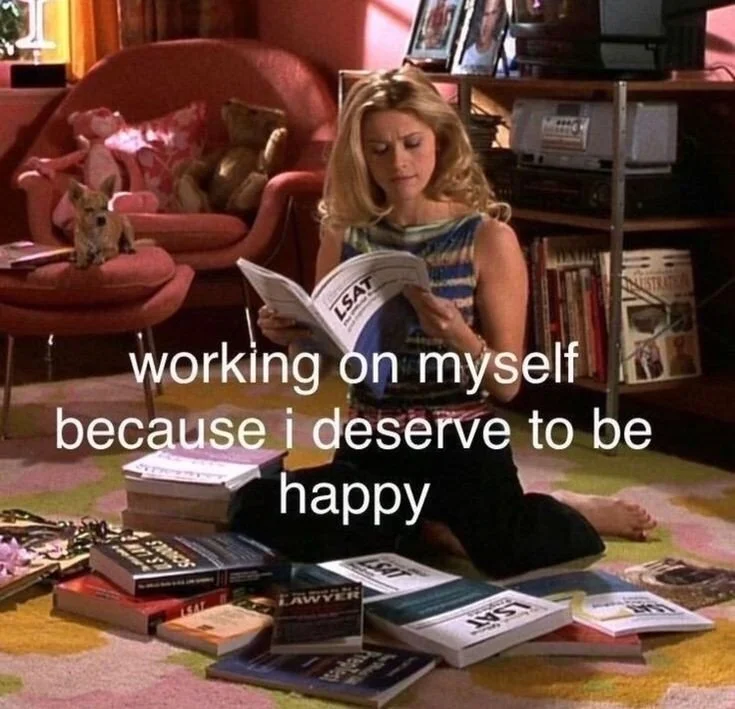The Obsession With Beauty to Provoke Inspiration
What happens when Beauty Equals Value?
‘Core’ is a word that has never been as abused as it has in the last two years. ‘Cottage-core’ was the first formally named aesthetic that gained the most popularity during the feverish time when the global virus and isolation motivated insanity took over the masses. What was once proof of civilian’s longing for the great outdoors after 16 months in quarantine turned into an obsession with a themed lifestyle all together. ‘What is this aesthetic called’ is a phrase many-a-Pinterest-users have asked under an obscure or overly basic photo posted on the app made for inspiration. With a lack of motivation coming out of such a long period of seclusion, it seems to become more and more important to have an incentive to do what you do in a lifestyle. Of course the obvious source of motivation arises like the outcome of working hard for growth and gaining fulfillment from this alone, but in a beauty-obsessed world, there is always a futile aspect that rises alongside another.
Body Neutrality is a practice with a purpose to see your body as a vessel rather than an object of desire or a means to perfection. It’s no secret that one's outward appearance can make a person feel motivated to take on the world. This was a prominent tactic in people who worked from home in order to simulate an in-person work day, but what happens when this concept is applied to too much? Just like any aesthetic, in the world that romanticizes academia that can be found on most social platforms with the help of the #academia hashtag, there are many faces of the ‘brand.’ Rory Gilmore of the popular television series Gilmore Girls (2000-2007) being one of them. With the aesthetically pleasing images of her and other skinny, white, and subjectively beautiful women sitting behind dark wood desks and green library lamps are followed by comments expressing that their scholarly inspiration came from seeing academically excellent characters like Rory on television. With this love of beauty, one has to ask whether or not their motivation would have come from such a character if she looked different. Would these young girls want to pursue the same things if Rory was a fat, Black girl from an inner city with a not so glamorous, calm, small town life?
Instead of seeing a pursuit as worthy of one's time, it must be made beautiful before it is considered as such. The trend of ‘Romanticizing Your Life’ on social media is evidence of this incessant need to make things pretty before that can be deemed touchable. Beauty will never stop being popular, but the idea of beauty becomes more fleeting as we move into the realm of snappy forms of digital media geared to grab your attention as quickly and temporarily as possible. With the power of dopamine that finding a new aesthetic to push you forward carries, it isn’t to be confused with the process of finding oneself simply because those steps don’t solely include the outward appearance.
It is a fragile slope that leaks into the way we see the world. Value becomes beauty and beauty becomes the most valuable. With people who subconsciously put so much power into aesthetics, what happens to their own self esteem if they don’t see themselves as beautiful. They see themselves as worth less, valued lower than the symmetrical faces and glamorous things that are manufactured into near perfection, but this isn’t new, we know this. The idea of loving and being loved seems less likely or impossible by the vain and it becomes obvious that some may have the same views as themselves which is both true and false with the various perceptions of beauty.
In terms of finding motivation to work or pursue a passion, if the look of the places you’ll go or the books you’ll read or the clothing you’ll wear are the initial pull, it may be a good idea to step back and question whether or not the career choice is for you on a deeper level or question why visuals have such a draw in the first place. Some would say that if it leads you to the aesthetically pleasing life that you dreamed of then who is anyone else to question it, that a placebo effect is an effect all the same. While this is true, just as money is said to not buy happiness, it should be considered that looks, temporary or not, won’t either.



